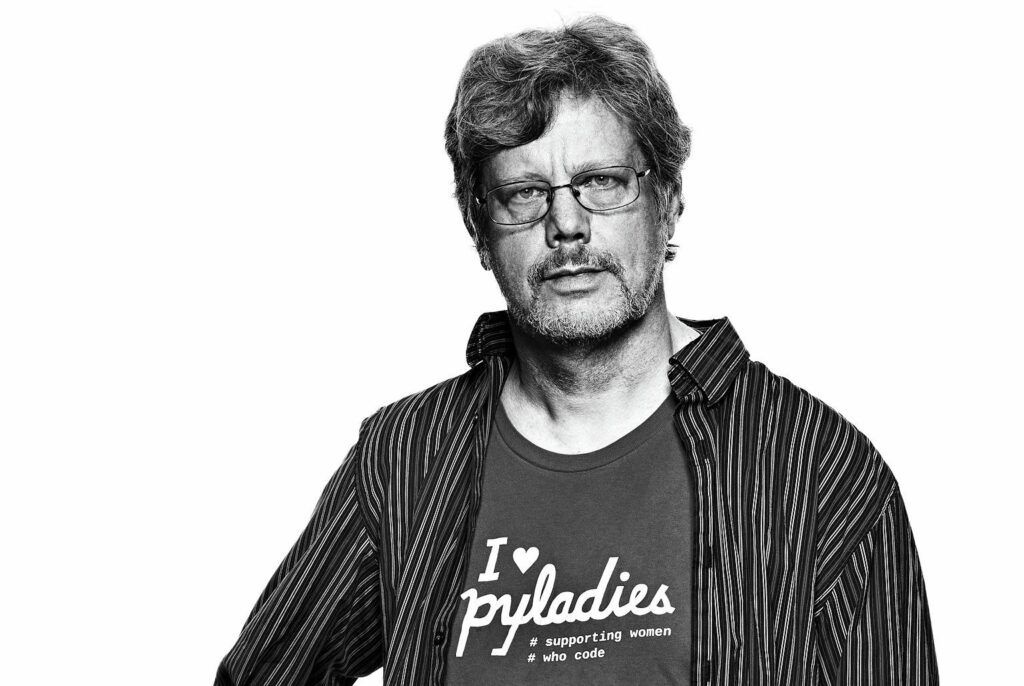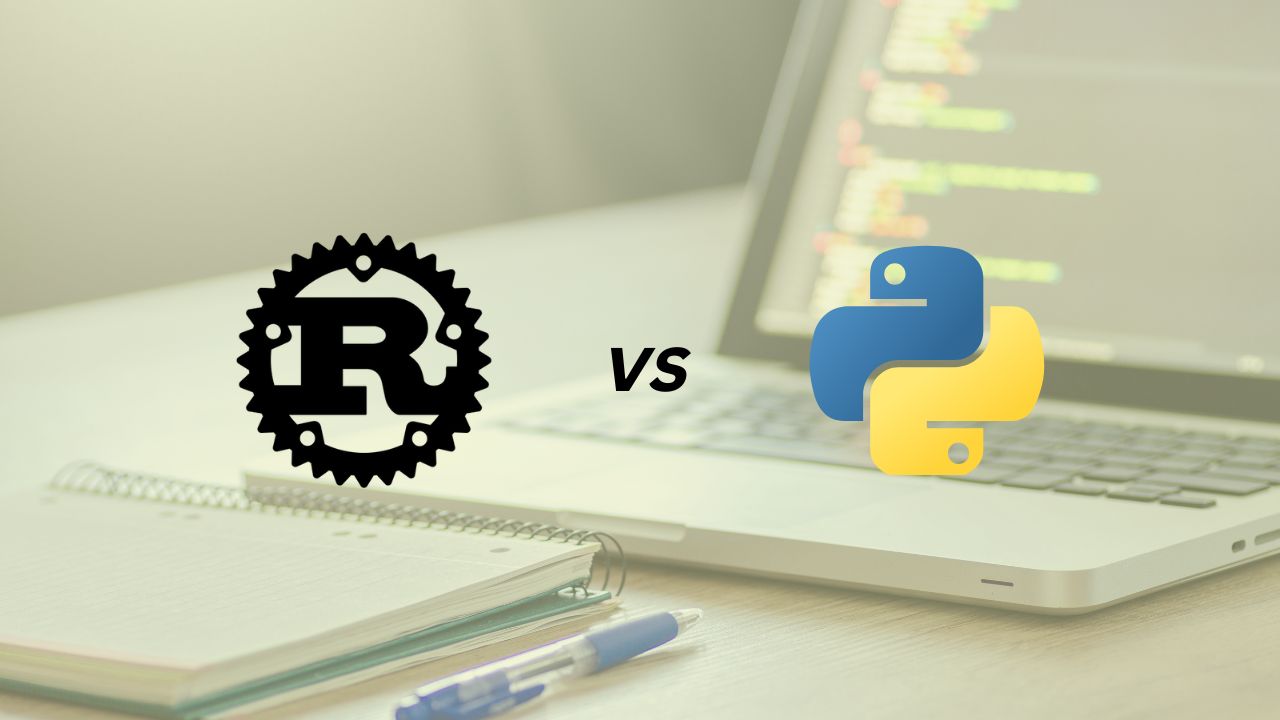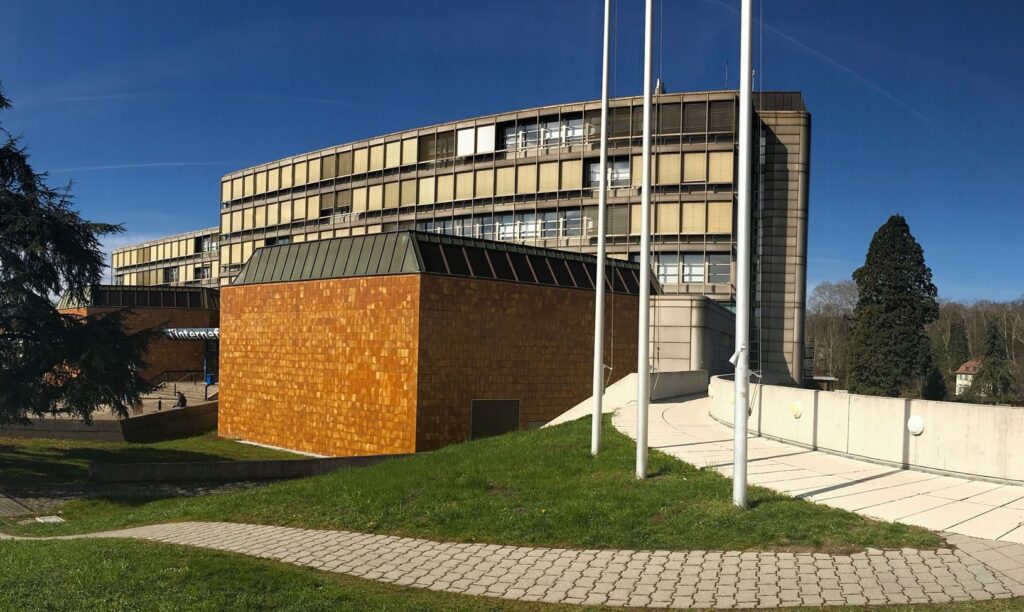DIGITAL ELECTRONIC
Linus Torvalds is a Finnish-American software engineer who is best known as the creator of the Linux kernel and the co-founder of the Linux Foundation. According to Wikipedia, he’s also known as a “cultural figure” and “the face of Linux”, and has been called an “icon” by some in the media industry.
Early Life and Family
Linus was born on December 28, 1969, in Helsinki, Finland. His mother was a biologist who worked at the University of Helsinki while his father was a physicist who worked at Aalto University’s Laboratory for Computer Science (later renamed the Department of Computer Science). He spent summers with his grandparents growing up as well as spending some time abroad during college years when his parents were professors at different universities around Europe before returning home again after graduation.

Linus Torvalds is married to Tove, who is a Danish politician. Together they have two children: a son named Simon and a daughter named Sisse. In addition to his wife, Torvalds also has a dog named Zenneth. He loves traveling and says that he never wants to grow up because life is too short.
Education
- He graduated from the University of Helsinki with a Master’s Degree in Computer Science.
- He obtained his Doctorate in Technology from the University of Helsinki.
- His Master’s Degree was awarded for work done on the Linux kernel, which is one of the most popular open-source operating systems today.
Linux and Other Contributions
Linux is an operating system developed by Linus Torvalds and released in 1991. It’s open source and has been used by many people to create applications, websites, and other programs. The kernel runs on many different hardware platforms as well as software platforms such as mobile phones, PCs, and servers.
Linux was originally designed by Linus Torvalds in 1991 at age 17 years old while he was studying computer science at the University of Helsinki in Finland. Since then, thousands of developers have contributed code to make Linux better by improving its design or adding new features; this process continues today.
Linux has also become an integral part of how we use our computers today. It can be found running websites and web applications such as Facebook, Netflix, and Spotify; these companies use Linux because they want to keep their sites up-to-date with new features as quickly as possible (and because it’s free). Furthermore, some high-profile sites like Google rely heavily on this software too: if you type “Google” into your browser window right now then chances are good that you’re using one!
He began working with computers at an early age and soon became interested in the programming language C. After learning how to program on his own and getting some experience with Unix-based operating systems, he joined a group called the Finnish Computer Society that was working on an experimental chat program called freenet.
In 1991, Linus wrote a text editor named vi (originally for UNIX systems). This had no graphics and only one command line—a feature that made it easier than other editors for beginners because it didn’t require any special commands or tools (like macros). The name of this new editor came from its features: it was fast; simple; easy to use; flexible; supported many languages; had good support for networking among users across different sites connected via TCP/IP protocols.
He’s also known for creating Git, a version control system that has become popular among developers and programmers.
Final Thoughts
Linus Torvalds is a very important person in technology. He is one of the founders of Linux, which has become one of the most popular operating systems for personal computers. He also wrote the first version of Git, an open-source version control system used today by thousands of developers across the world.
The post Linus Torvalds Biography appeared first on The Crazy Programmer.
from The Crazy Programmer https://ift.tt/RUrBjPA




















